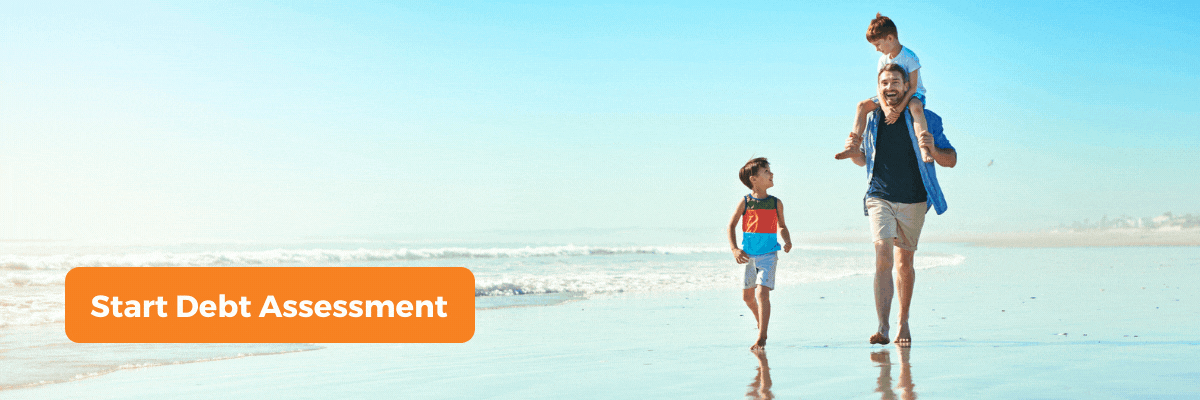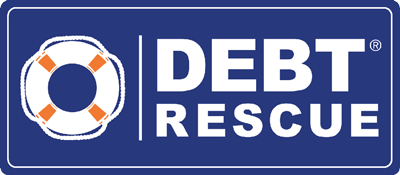Having a default listed on your credit file can be a scary sentiment. What is a credit file? What is a default? And why does it even matter? Often it isn’t until our credit score is in jeopardy until we really stop to take notice of its importance. This article explains exactly how a default can find its way onto your credit file and what you need to do to avoid it.
What is a credit file?
Your credit file is a record of information relating to your credit history. It lists all your consumer and commercial credit information including:
- Credit enquiries from when you apply for mortgages, credit cards, personal and car loans as well as telephone, electricity, gas and internet bills, interest-free store finance and store cards.
- A list of current bank accounts, even those with a $0 balance.
- Monthly repayment history on credit accounts such as mortgages and credit cards. Note: not all credit providers supply this information to credit reporting agencies.
- Overdue accounts such as defaults and serious credit infringements
- Public record information like court judgements, directorship details, proprietorship details
- Bankruptcy, Part 9 Debt Agreement and Personal Insolvency
You can access a FREE copy of your credit file at mycreditfile.com.au.
How does a default get listed on my credit file?
In order for your creditor to note a debt as a default, it must be equal to or more than $150 and at least 60 days overdue. From here, creditors may begin the process to have the debt marked as a default on your credit file. Have a look at the timeline below to see exactly how a default is listed on your credit file.
Bill is Due to Be Paid
If you have a bill due date approaching and you know you won’t be able to pay it on time, call your creditor and try to put a payment arrangement in place. They understand that things don’t always go to plan and are quite happy to help.
60 Days Pass
Unpaid Bill is Now Officially Overdue
If, after 60 days, your bill is still not paid, it is officially overdue and your Creditor will begin collection action. This can include a number of calls and emails encouraging payment. Late fees and interest charges generally apply.
30 Days Pass
Receive First Written Notice
A credit provider must send you two separate notices before it can put a default on your credit file. The first written notice will inform you of the overdue payment and request you pay the outstanding amount. This is sent 30 days after your Bill is overdue.
30 Days Pass
Receive Second Written Notice
Your Creditor must give you 30 days from your first written notice to pay the debt. If it remains unpaid, they will issue a second written notice informing you that if you do not pay the overdue amount the credit provider intends to mark a default on your credit file.
14 Days Pass
The default is Noted on your Credit File
If you do not comply with the second written notice within 14 days and the bill remains unpaid, a Default will be noted on your credit file. Once you receive a default, it will remain on your credit file for 5 years and may impact your ability to obtain future credit.
After the default, what happens next?
Once a default has been marked on your credit file it will stay there for 5 years. Even if you pay the overdue amount in full, it will remain on your credit file, but be marked as paid.
If you still can’t pay the debt, your creditor may take further action to recover what you owe. The next step is a court judgement which will also be noted on your credit file. They may then apply to garnish your wages in an attempt to recover your debt and take a portion of your salary each week. If you still cannot comply by paying the debt, your creditor is within their rights to declare you bankrupt with a sequestration order.
If you are struggling to pay your debts, it is best to deal with the situation head-on. If you ignore your debt in the hopes it will go away, it may escalate to a default, judgement or even forced bankruptcy.
Let’s Make a Plan
If you would like a sure fire way of avoiding credit file defaults and paying off your unsecured debts within 5 years, let’s chat! Give Debt Rescue a call on 1800 003 328 and we can discuss your options.
-137x60px.png)




